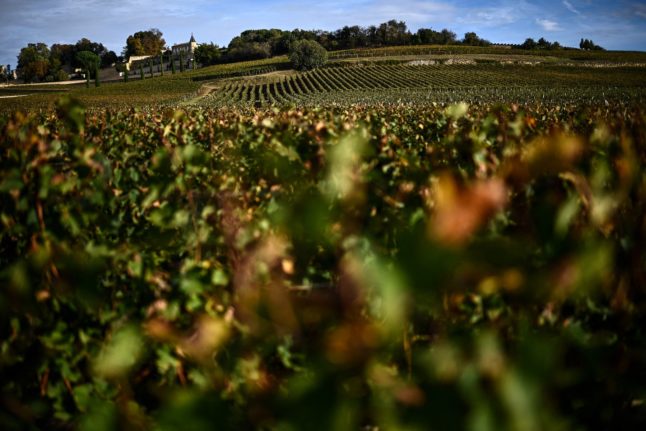Pasta is the cornerstone of Italian cuisine and an essential staple of Italians’ diet, hence the popularity of the adage Toglietemi tutto ma non la pasta! (‘Take everything away from me except pasta’).
toglietemi tutto ma non la pasta https://t.co/gDh2XHkOo6
— 𝘮𝘪𝘳𝘪𝘢𝘮 (@pazzapsycho) September 7, 2022
But there is a widespread belief among foreign nationals that people in the bel paese eat it every single day of the week.
Is this reality or myth?
According to a survey from research platform YouGov Italia, ‘only’ 17 percent of Italians eat pasta every day or at least six days a week.
The majority of Italians (37 percent) consume pasta two to three times a week, while 30 percent say they eat it four to five times a week.
Finally, 8 percent eat pasta just once a week.
While the survey seems to disprove the claim that Italians generally eat pasta every day (only a minority does), does that mean that they are not as big pasta eaters as we may have originally thought?
Not really.
Italians are still the leading pasta consumers in the world as the average person in the country eats some 23.1 kilograms of it every year (that’s nearly two kilograms a month).
READ ALSO: Ask an Italian: How do you sauce pasta properly?
For context, people in neighbouring France and Germany only consume 8.3 and 7.9 kg per capita a year, whereas the average American eats about 9 kg every year.
Further, yearly per capita consumption in the UK stands at an average of just 3.5 kg, according to a report from pasta maker Barilla.
So, while they may not have it every day, Italians do eat quite a lot of pasta over the course of a year.
But how do they never get tired of it?
One of the main reasons behind Italians’ unbreakable bond with the high-carb food is variety.
Italians are extremely creative when it comes to pasta and they rarely eat the same dish twice in a row as they like to experiment with a wide range of recipes and sauces.
READ ALSO: Ten golden rules for cooking pasta like an Italian
Further, there are over 350 types of pasta in Italy, which means that you could potentially eat a different pasta shape almost every day of the year.
Another reason why most Italians have pasta multiple times a week is that they tend to eat it in moderation, steering well clear of potential carb overloads.
While they may have a large, high-calorie pasta dish (for instance, lasagne or pasta al ragù) on weekends or on special occasions, people in the country generally go for lighter recipes and sauces on normal days, with portions generally going from 80 to 120 grams per person.
Also, Italians very rarely eat pasta twice a day, with the majority of people having it for lunch and then opting for a non-carb-based dish in the evening.



 Please whitelist us to continue reading.
Please whitelist us to continue reading.
Member comments